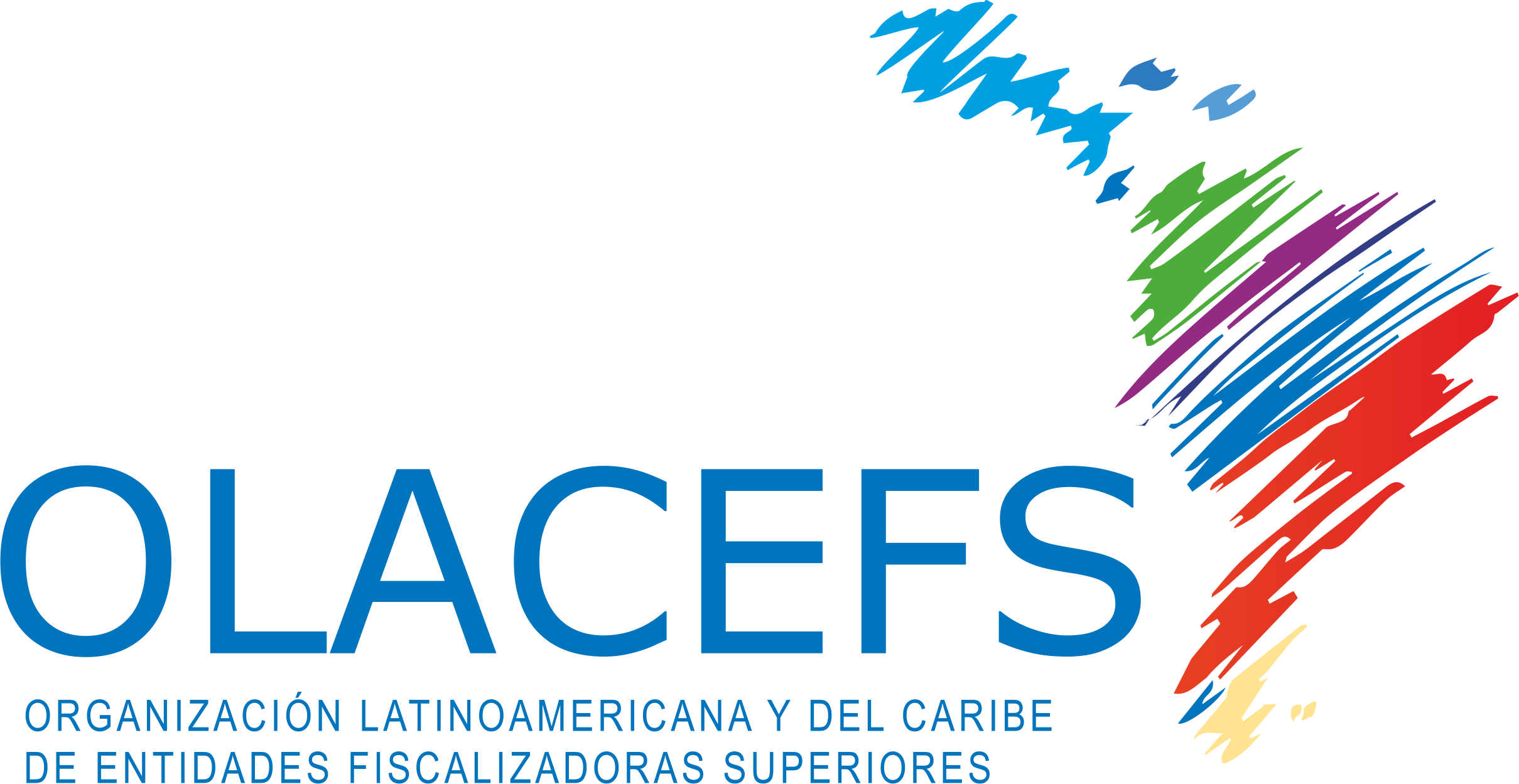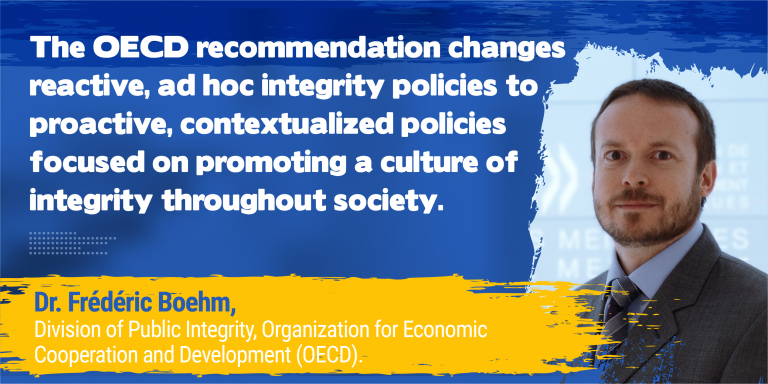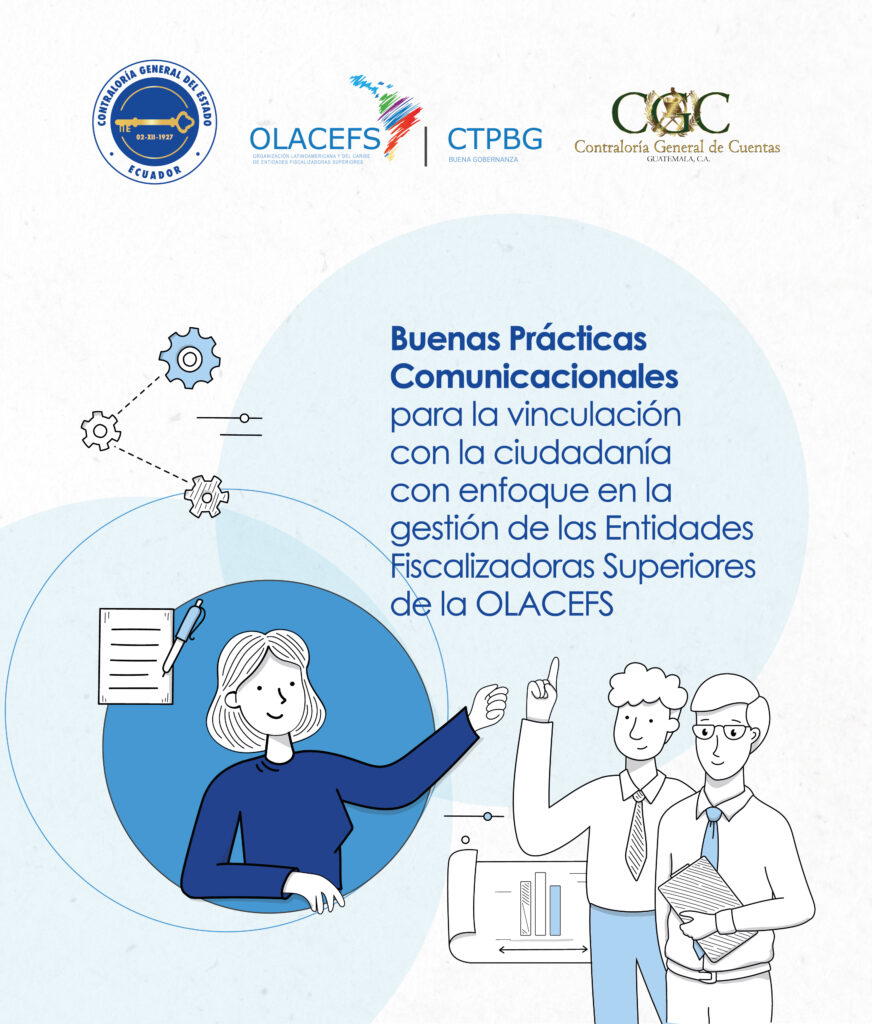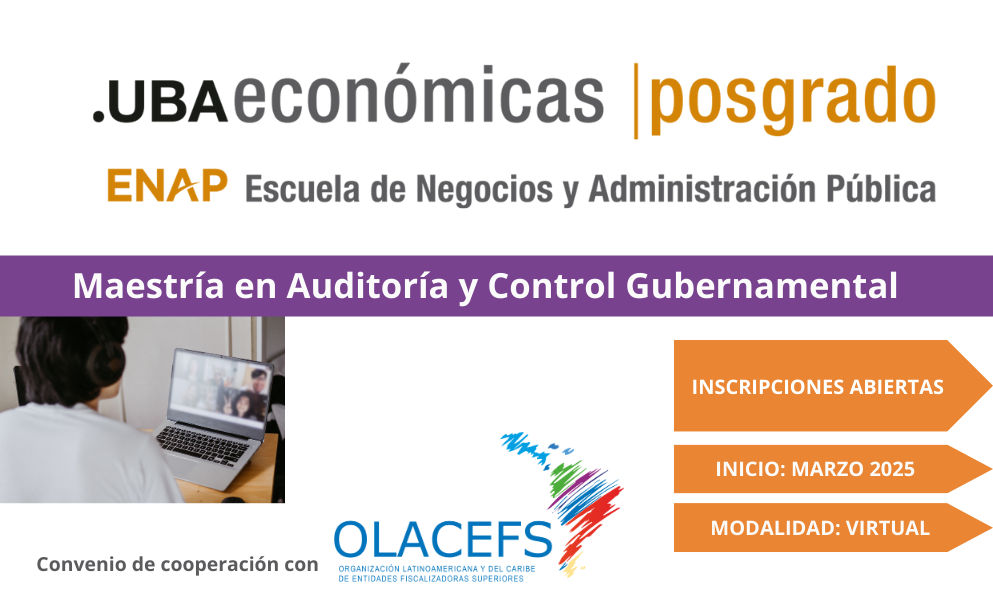Dr. Frédéric Boehm
Division of Public Integrity
Organization for Economic Cooperation and Development (OECD)
News across the world has been revolving around COVID-19 for several weeks. The health crisis is accompanied by a socio-economic crisis that will undoubtedly occupy governments in the coming years. Basically, both the ability of governments to respond immediately to the crisis and their ability to manage socio-economic shock depend largely on the strength of the country’s institutions, the confidence that citizens have in their governments and the backbone of the state that are the officials and public administration.
Unfortunately, as well as news about COVID-19, there is also a proliferation of reports of embezzlement of funds or materials intended to overcome the crisis, fraud or political abuse of social support programs, undue influence by private interests in the design of aid programs for economic sectors, cases of corruption in public procurement governed by emergency laws, or even abuses of the state of emergency to act freely without the control of other state powers. It is true that the current situation carries a number of specific corruption risks and intensifies the usual ones.
Now, more than ever, it is important to identify integrity risks and manage them effectively. Indeed, relegating integrity to “normal” times jeopardizes the effectiveness of all measures taken to control the pandemic and mitigate its social, economic and political impacts. Cases of fraud and corruption, and even suspicion of such practices, significantly affect citizens’ trust in their governments – a trust that, now more than ever, is necessary to effectively implement measures to deal with the effects of the pandemic and the crisis.
It is in this historic context that the Organization for Economic Cooperation and Development (OECD) published the OECD Public Integrity Handbook in early July. In 2017, the OECD Council adopted the Recommendation on Public Integrity. The thirteen principles included in the Recommendation, grouped under the three dimensions of system, culture and accountability, serve as a road map for Governments. But sustainable change requires clear direction. The Handbook responds to this demand from Governments for concrete guidance on how to implement public integrity strategies. Thus, the Handbook provides information on what integrity implies in terms of public policy implementation and identifies the challenges that governments may face along this path.
For example, the Handbook provides guidance to optimize coordination and cooperation among government entities on how to design and implement integrity strategies and monitor them, and how to increase exchange and learning between national and subnational levels of government. Likewise, with the aim of building cultures of integrity across government and society, the Handbook details the basic elements of a merit-based human resources management system, and explains how ethical, responsive and trustworthy leaders are crucial to open organizational cultures through their roles as a good example and manager of integrity. It also clarifies the role of government in providing guidance to businesses, civil society and citizens in defending the values of public integrity. In turn, with a view to improving accountability, the handbook details how to use risk management processes to assess and manage integrity risks, and highlights how to use the law enforcement system to ensure genuine accountability for integrity violations. In addition, measures are discussed to strengthen the policymaking process, involving all stakeholders, managing and preventing conflicts of interest, and ensuring integrity and transparency in the lobbying and funding of political parties and electoral campaigns.
The Handbook is accompanied by a virtual tool with which any government, entity or interested party can interactively assess the level of maturity of its own integrity system with respect to international good practices and according to four incremental levels: nascent, emerging, established and leading. For Supreme Audit Institutions (SAIs), which are recognized as an essential part of any integrity system in principle 12 of the Recommendation which calls for strengthening the role of oversight and external control, the OECD Handbook and tools provide guidance on what should be the key elements of a functional and effective integrity system. Thus, the OECD Recommendation on Public Integrity and its Handbook can help clarify and define the criteria for potential external audits of public integrity systems and help SAIs to drive a continuous improvement of the culture of public integrity in their countries.
Finally, looking at the cases of corruption that are now emerging due to the crisis, it is worth highlighting that focusing on a mere punitive approach does not solve the root of the corruption problem. Similar to Lernaean Hydra, it seems that, for every corrupt prisoner, at least one new one appeared and that corruption, instead of being controlled, becomes increasingly sophisticated. In order to make real progress in the fight against corruption, it is imperative to promote systemic change. The OECD Council’s Recommendation on Public Integrity provides policymakers with a strategic vision of public integrity. It changes reactive, ad hoc integrity policies into proactive policies that take into account the context in which they are applied and with special emphasis on promoting a culture of integrity throughout society. Only in this way can the situation be avoided in which the discussion is reduced to punishing this or that corrupt person.
Only in this way will long-term resilience and responsiveness of Governments to crisis situations, such as the one we are experiencing, be achieved.
About the author:
Frédéric has a PhD in economics and more than 15 years of experience working and researching corruption and governance. At the OECD, he spearheads the work on Public Integrity in Latin America and leads the initiative on evidence-based integrity policies and lessons learned from behavioral sciences. Prior to joining the OECD, Frédéric worked as a professor of economics in Colombia and for the German International Cooperation (GIZ). He was also a consultant for governments and institutions such as U4, UNDP, UNODC, DFID and the GIZ and a visiting professor in Peru and Panama, teaching classes on “economics of corruption.” Frédéric is published in books and several academic journals.





